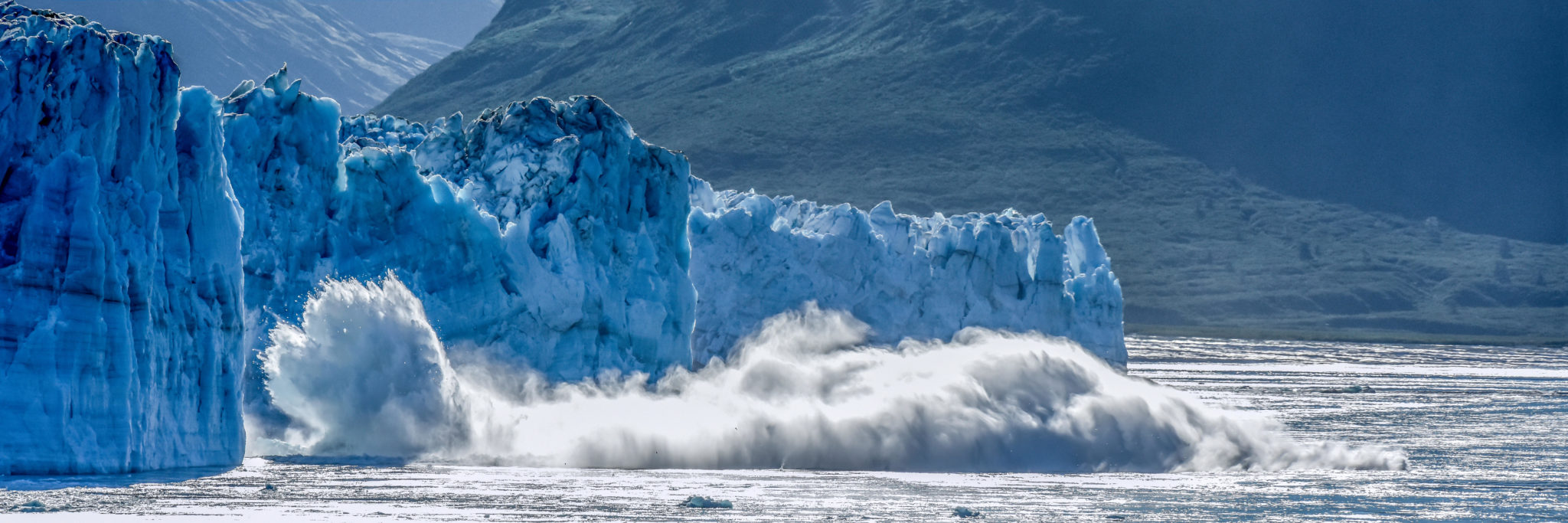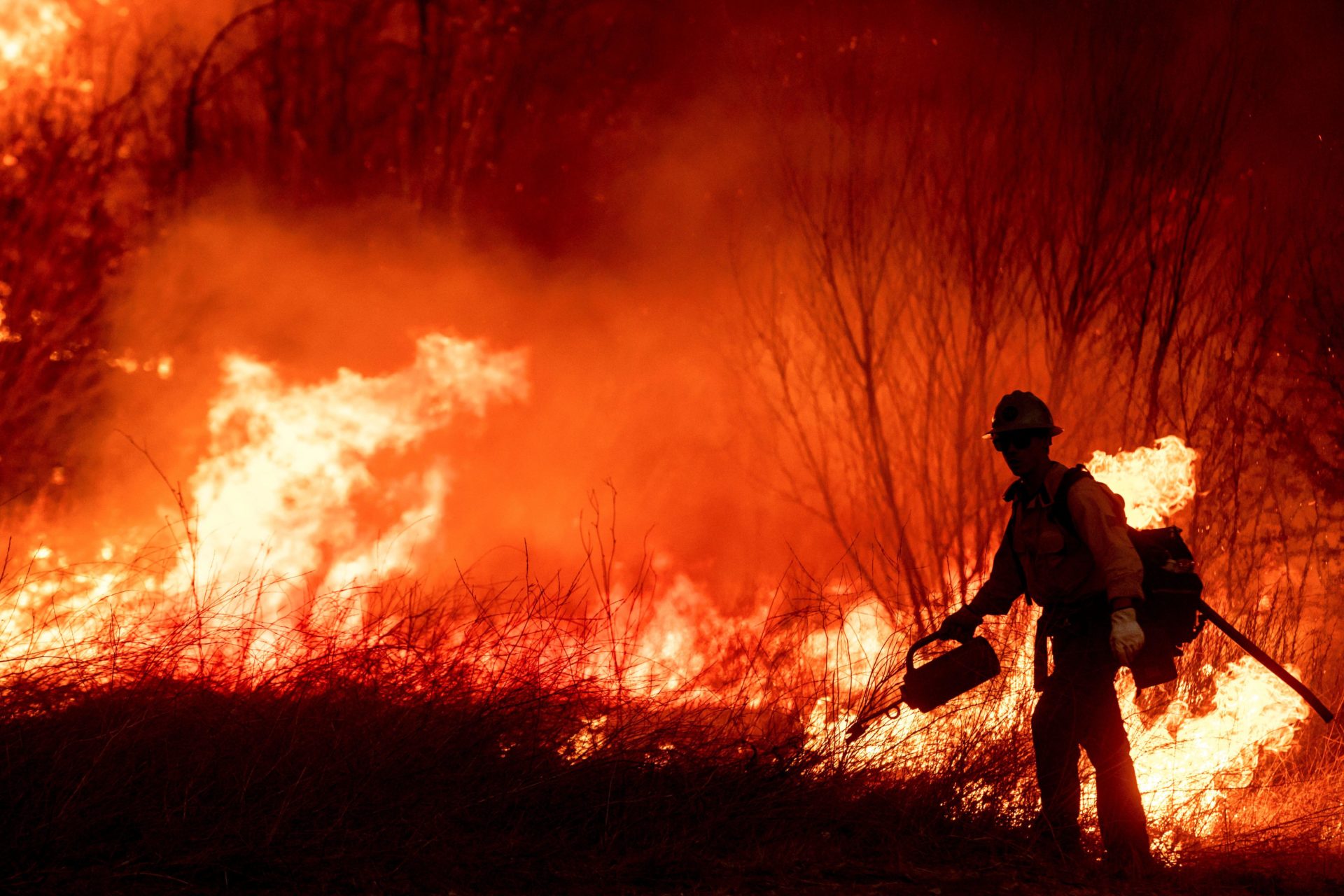Last month was the hottest January ever recorded, according to recent reports from the EU-backed climate monitoring system Copernicus.
January 2025 saw the highest global temperatures ever recorded over the course of the month, with the vast majority of climate scientists agreeing this was due to human activity.
Professor Luke O’Neill told the Show Me The Science podcast that we should be very concerned by these figures.
“The global average air temperature for January just gone by was 13.23 degrees centigrade,” he said.
“Very importantly, this is 0.79 degrees centigrade above the 1991 to 2020 average for January.
“You’re looking at averages, you’re looking over time; so that’s a significant deviation from the average over a previous period.
“It broke the last record for January, guess when that was? 2024. And in 2024 the average global [temperature] was 13.14 degrees centigrade, so it’s gone up even since then.”
 Alaska cruise - calving glacier - Hubbard - global warming & climate change - a melting iceberg calves - St. Elias Alaska - Yukon, Canada
Alaska cruise - calving glacier - Hubbard - global warming & climate change - a melting iceberg calves - St. Elias Alaska - Yukon, CanadaThis represents a temperature that is 1.75 degrees centigrade above pre-industrial measurements.
Prof O’Neill said this is especially concerning in relation to the Paris Agreement, which is an international agreement to ensure that global temperatures do not rise above pre-industrial levels by more than 1.5 degrees centigrade.
“That agreement was signed by 195 countries, almost every country in the world,” he said.
“Worryingly, of course, guess what our friend in America has done? They’ve pulled out of the Paris Accord now under Trump, which is a ridiculous thing to do.
“We’ve all got to agree – and everybody does agree – that we’ve got to try to make sure this 1.5 degrees centigrade breach doesn’t happen... So, it’s all heading in the wrong direction, is the way to think of it.”
 Firefighters work to extinguish a blaze caused by wildfires in California Jan. 9, 2025. (AP Photo/Ethan Swope)
Firefighters work to extinguish a blaze caused by wildfires in California Jan. 9, 2025. (AP Photo/Ethan Swope)According to Prof O’Neill, this rise in global temperatures is connected to an increase in extreme weather events.
“Certainly the Los Angeles fires – there were other reasons for those fires, to do with how they were managing the vegetation there and so on – but scientists agree that those fires were partly due to global warming,” he said.
“They’re going to cost $164 billion, the damage that was done by those fires. The floods that happened last year in Valencia in Spain, that’s going to cost $20 billion to sort out.
“And again, that’s because of global warming feeding into these extreme weather events.”
Prof O’Neill said that we need to set economic concerns aside and tackle climate change head on before it is too late.
Listen back here:
Main image: Luke O'Neill in the Newstalk studio (L) and an extreme rain storm (R).









